According to the European Union’s annual State of the Energy Union Report 2023, the EU is on track to eliminate its dependence on Russian fossil fuels within this decade, meeting the REPowerEU target to achieve independence from Russian fossil fuels by 2027. In 2022, Russian gas imports to the EU significantly decreased compared to pre-crisis levels, and the EU has successfully reduced its reliance on Russian energy sources. Despite increased Russian imports of liquefied natural gas (LNG), Russia’s overall share of total EU gas imports has fallen from around 45-50% to 15%.
The report highlights the importance of safeguarding critical infrastructure and reducing dependence on unreliable sources, emphasizing that energy markets remain vulnerable. While EU policy reforms and support measures have helped mitigate price risks in European gas markets, the report also notes an increase in the number of individuals affected by energy poverty in the EU.
The EU is well-prepared for energy security during the upcoming winter of 2023-24, with diverse energy sources, adequate gas storage facilities, and reduced demand. However, the report identifies potential risks, such as the complete cessation of pipeline imports and attacks on critical infrastructure, underscoring the need for vigilance and resilience in ensuring energy security.
In conclusion, the report emphasizes that coordination among EU member states, preparedness, and resilience are essential for achieving energy independence, enhancing energy security, and advancing the clean energy transition in the EU.



